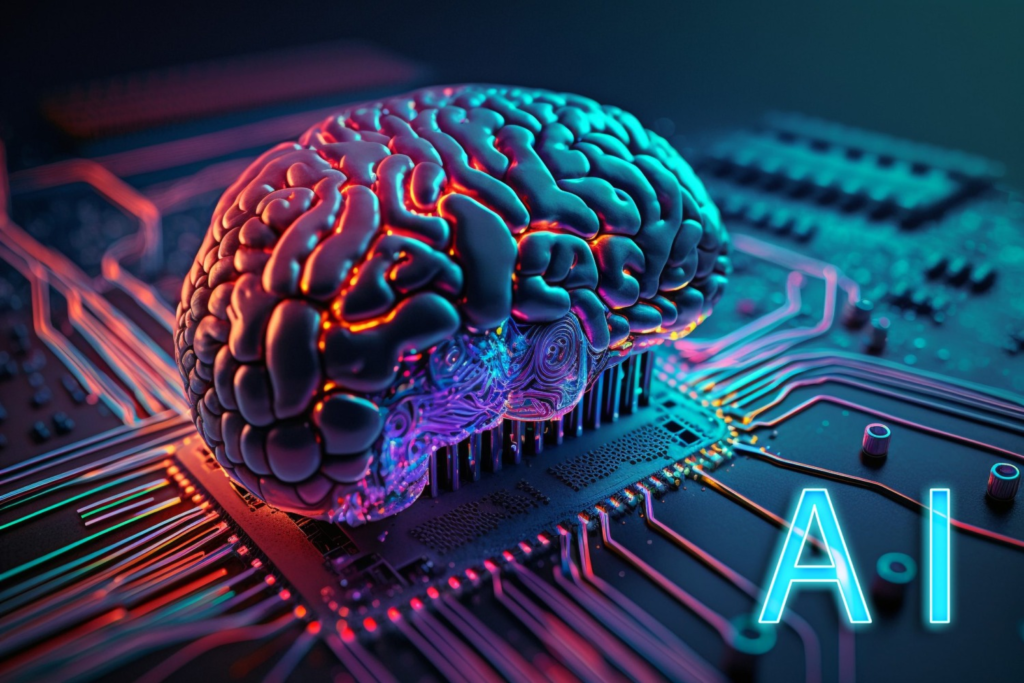Artificial Intelligence is one of the most transformational technologies of the 21st century, creating a huge impact on different sectors including but not limited to health and finance. Essentially, it involves machines that are programmed to think and learn like human beings. The scope of this technology includes a range of things like machine learning, natural language processing, and robotics that allow systems to do things that normally would need human intelligence.
One of the major breakthroughs of AI is machine learning, and here the algorithms scrutinize data, identify patterns, and make decisions with little human intervention, hence very redefining in molding industries by boosting their efficiency, accuracy, and decision-making processes. For example, in healthcare, AI may help in analyzing medical images for a better view of what may be happening to a patient and the likely outcomes, which will help in coming up with a better and more informed medical solution for the problem at hand. In that sense, AI-driven tools serve to support the physicians in drawing insights from enormous datasets to eventually enhance the quality of patient experience.
Artificial intelligence algorithms can be applied in the financial sector to identify fraud transactions by analyzing patterns of expenditure and comparing them against detected anomalies. In the financial industry, firms are applying AI to more accurately evaluate risks, tailor experiences for customers, and automate processes of trade. AIs process large datasets much faster than human analysts do, thus AI systems excel in speed and efficiency of performance and, correspondingly, give business competitiveness.
Related : AI Voice Scam Hits 28% of UK Adults: Banks Emptied in Seconds
Besides, AI is transforming customer service via the implementation of chatbots and virtual assistants. These systems handle many inquiries at the same time, provide instant responses to customers and free human agents for more complicated issues. The use of AI in customer service doesn’t just increase satisfaction but cuts operational costs.
Yet the accelerated infiltration of AI into virtually all facets of life gives rise to ethical considerations—issues, first and foremost, of job displacement, as well as of data privacy and algorithmic bias that are to be made object of in the course of furthering and realizing the technologies of AI. As machines gradually take over the very many task forces that are traditionally designed for man, it means that the workforce has to adapt Reskilling and upskilling initiatives will be very important in preparing individuals for the jobs in the future.
In conclusion, artificial intelligence is not just a technological trend; it’s much more, a disruptive revolution capacious of redefining our world. Therefore, while focusing on the harnessing of capabilities, we need to strike a balance by giving prominence to the ethical dimensions in pari passu with the dimensions of innovation. The very developments taking place in AI have the potential to bring good to our lives in so many ways but will only happen if it is guided with care to benefit the whole of humankind.


